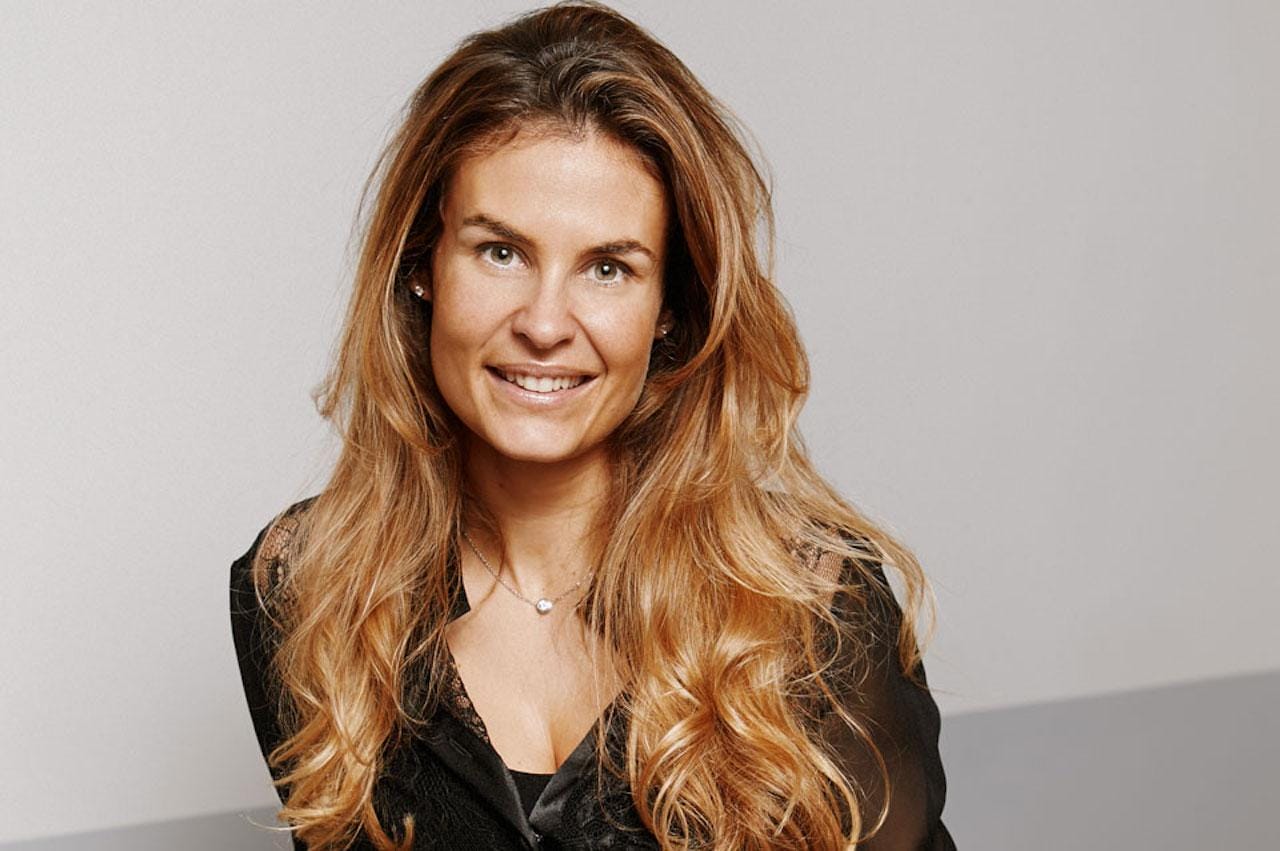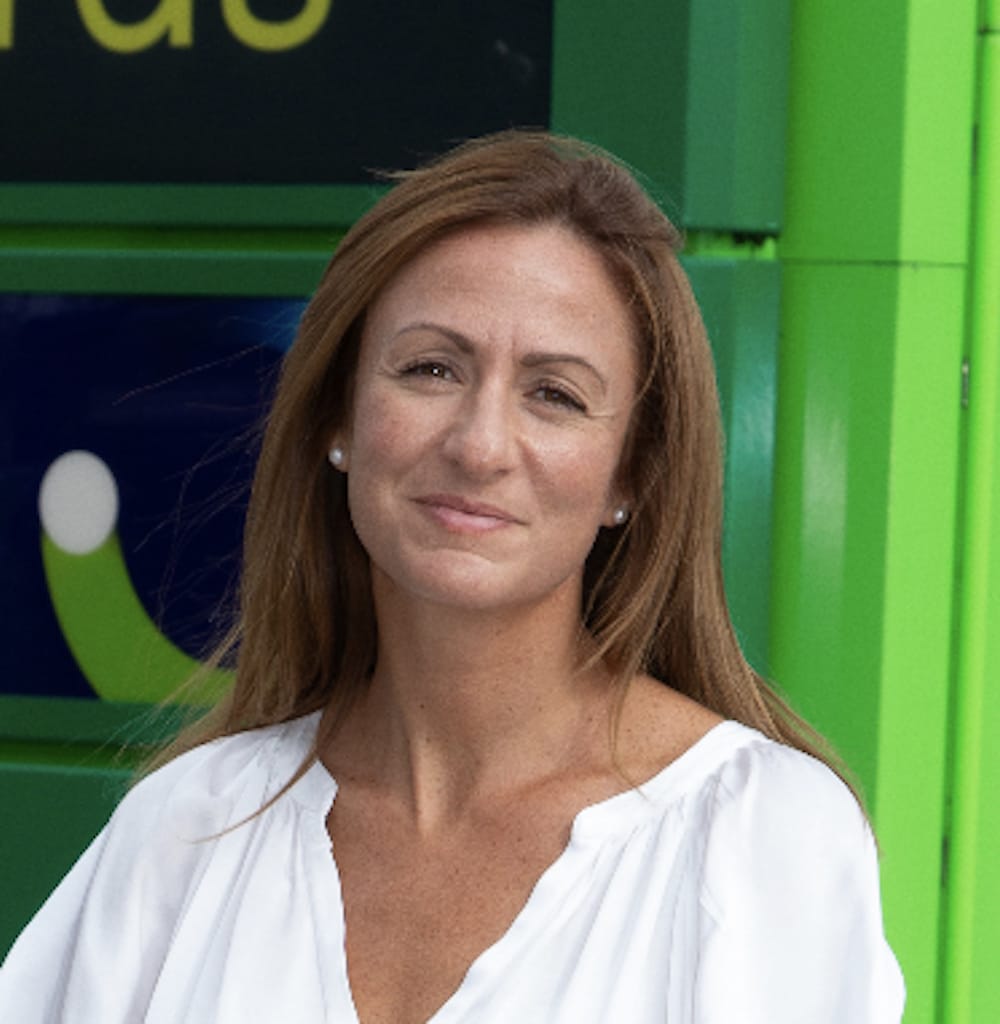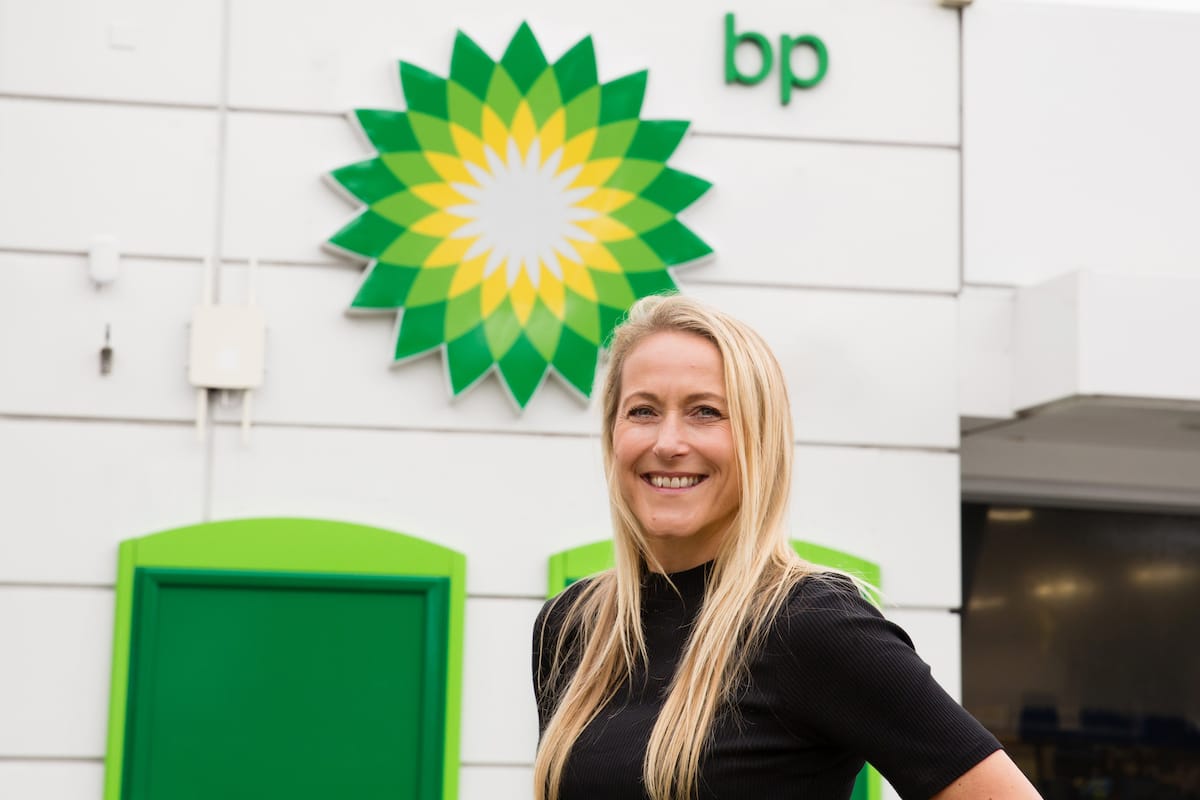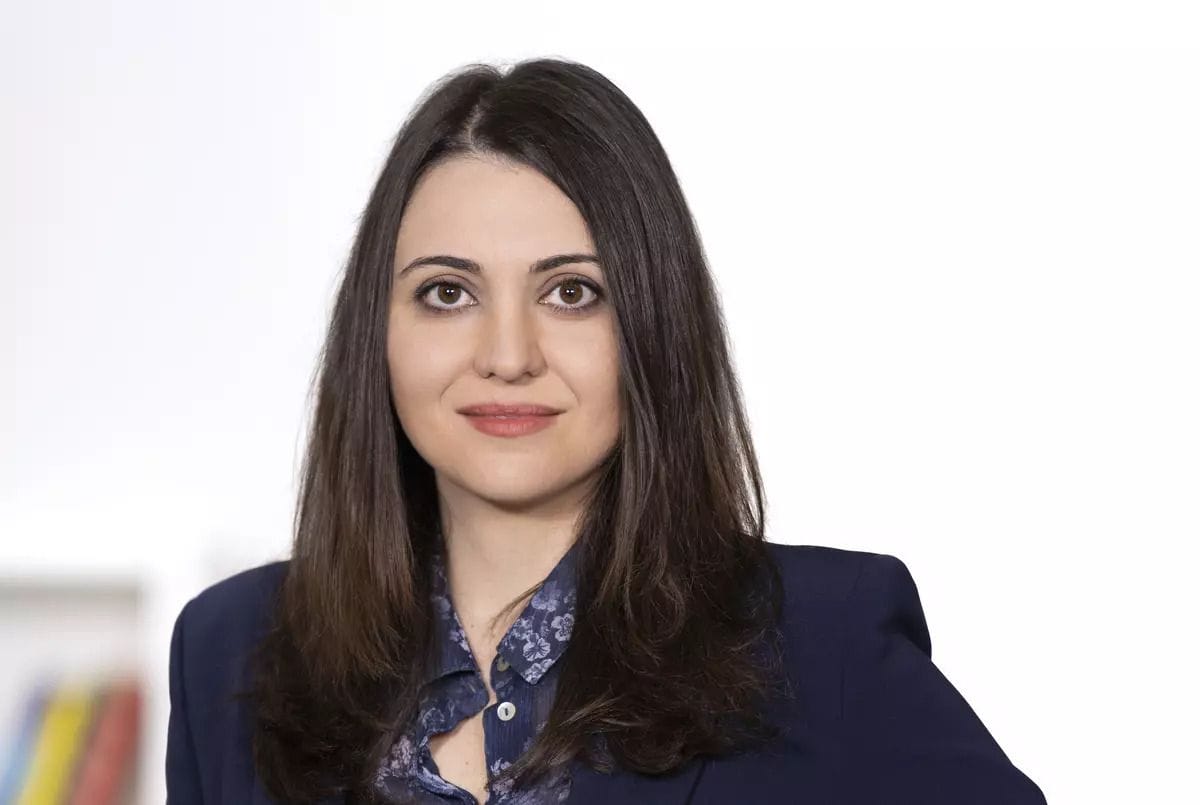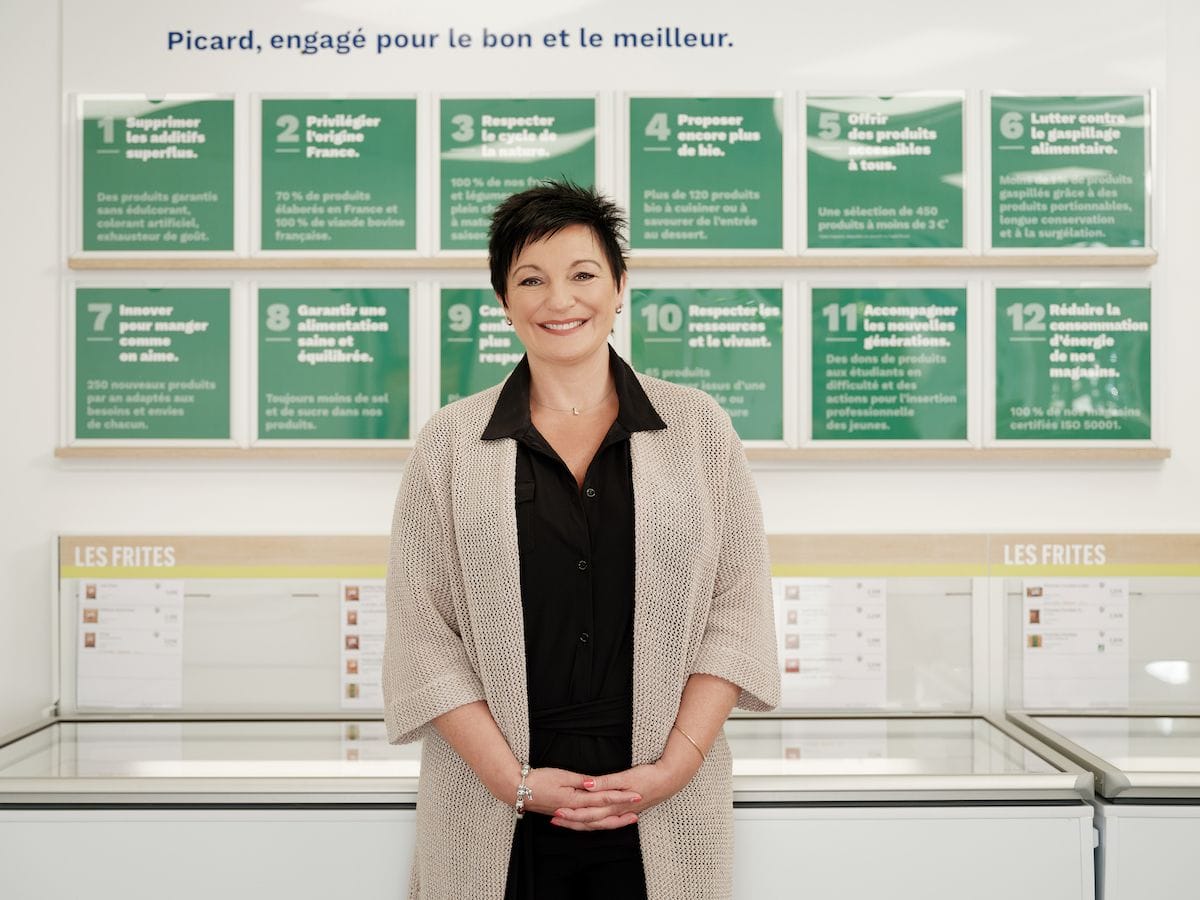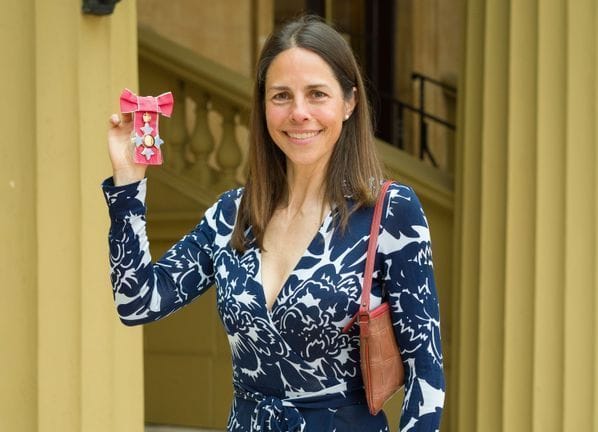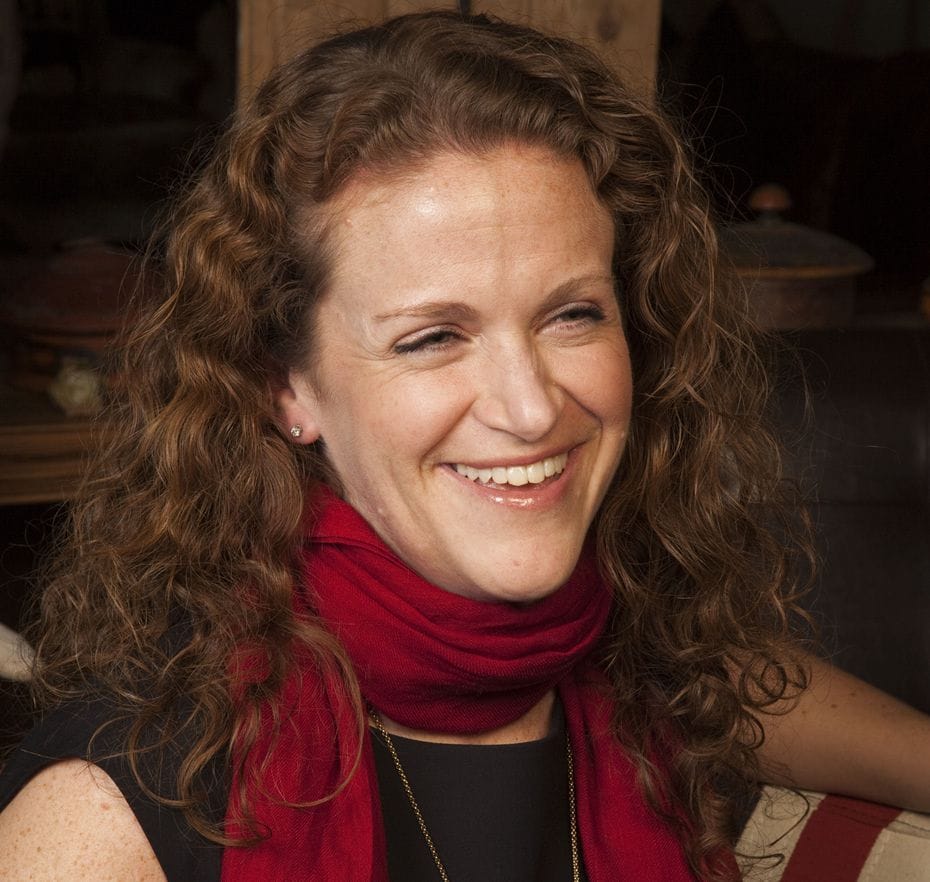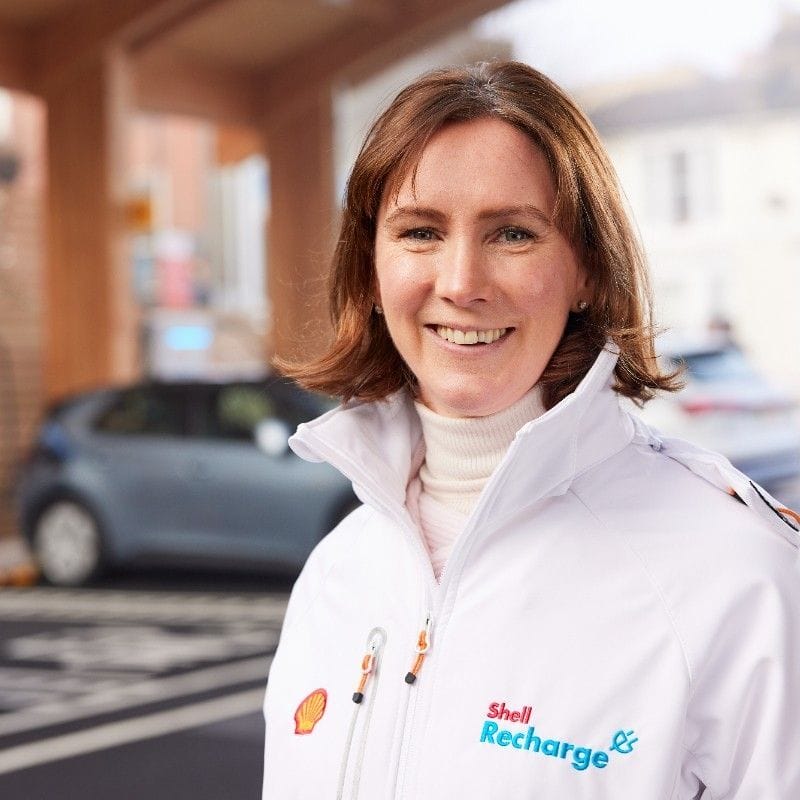Women executives in retail #4: from Bio c’ Bon to Cortilia Emna Neifar-style.

Emna Neifar, Commercial Director of Cortilia.
Women who have reached senior positions in the retail world are (all too) rare, not to mention invisible, which is why we decided to get to know them better by inviting them to tell us about their career paths, the challenges of the past and those of the future.
We interviewed Italian food marketplace Cortilia’s Chief Commercial Officer, who has been supporting the brand’s rise and value commitment for six years.
How did you come to join Cortilia?
I met Cortilia founder Marco Porcaro in 2017, after studying in Paris and working at Bio c’ Bon, and from the outset there were two aspects that really impressed me regarding the project they were implementing. The first was the digital dimension, which was clearly very futuristic at the time but was already being experimented with at Cortilia, including data collection, speed of reaction to forecasts, digital marketing, etc. The second aspect is the reason I still have such an attachment to and am in love with Cortilia today: the value aspect, which includes everything to do with selecting suppliers, employees and products, not to mention the attention to environmental and social details on a profound level—things they were doing even before there was any real awareness of CSR and such practices became widespread.
You are one of the few women today who’s involved not only in retail but in food distribution. Do you have any idea why this might be?
There are several factors involved, actually, the first of which stems from outside of the sector. Retail numbers in Italy in general reflect the national average in terms of gender representation, with the exception of pharmaceutical and educational retail, which have always been considered more ‘feminine’ domains. Then there is an internal factor that has more to do with a cognitive bias mechanism, whereby the networking mechanism causes us to select people similar to ourselves, so if the management team is male-dominated, it’s easy to choose male successors.
Another reason is the strong ‘fight’ stance. Prices have to be negotiated and promotions hard-fought for— something that has resulted in many more men advancing in their careers, especially in procurement, sales and operations. What’s more, this is an industry where you work non-stop, almost 24 hours a day, 7 days a week, which requires you to devote almost your whole life to your job.
With regard to online sales, what have you done and are you doing to give online shopping a more human dimension?
We highly value our relationships with our suppliers, and buyers visiting Cortilia.co.uk can browse their respective profiles, complete with their photos and stories about them and their work, which gives the shopper a much greater insight than going to the supermarket, choosing something and leaving. It’s also possible to locate our suppliers on Google Maps and pay them a visit, so it really can be a truly extraordinary relationship.
As far as we at Cortilia are concerned, we offer a very present customer service that has now also become a personal assistant for people thanks to channels such as WhatsApp. When they send us messages like “how do you clean this thing?”, I say to myself, “I’m glad they’re writing to us, instead of asking their mum for advice!”.
Over time we’ve tried, with difficulty, to hold more community-driven events and initiatives based on topics of common interest, such as the Mummy Club, for example, where we offered activities aimed at a certain group of people. We’ve also worked with other influencers to develop other activities aimed at different target markets, again based on common interests.
Digital humanisation can obviously only go so far. Personally, I believe in ‘omnichannelity’.
What does having a multicultural profile bring to those working in the Italian market?
I’ve really kept my finger on the pulse of the French market, which is currently a cornerstone of the international retail and consumer goods market for both food and non-food products. This allows me to continuously interact with professionals and hear different perspectives. And again, with regard to market trends, I have to say that looking at foreign markets, especially the UK and France or the Nordic countries, often helps you identify trends before they reach Italy. On the vegan front, for example, I was really inspired by what was happening abroad before the trend reached Italy, and the same goes for the approach to digital technologies.
Now, put your mentor’s hat on for a minute and tell a young girl who’d like to follow the same path you did how to go about it. What would you say to a young woman at the start of a career similar to yours?
“The more you learn, the more you dare”. This was one of the most important things they used to tell us at school, and in order to dare, you have to have a certain structure, meaning that you’re always open to learning new things and keeping up to date not just with your own field but others, too. The more you learn, the more you dare, because you have enough experience to feel confident in doing something different and relevant.
The second part is your network; it’s important to always know what’s going on and to show up at just the right time, spontaneously, of course, not in a way that feels artificial. I’m thinking of events like Netcomm and the Green Retail Forum, which are the perfect opportunities to share ideas, build new relationships and also learn new things.

